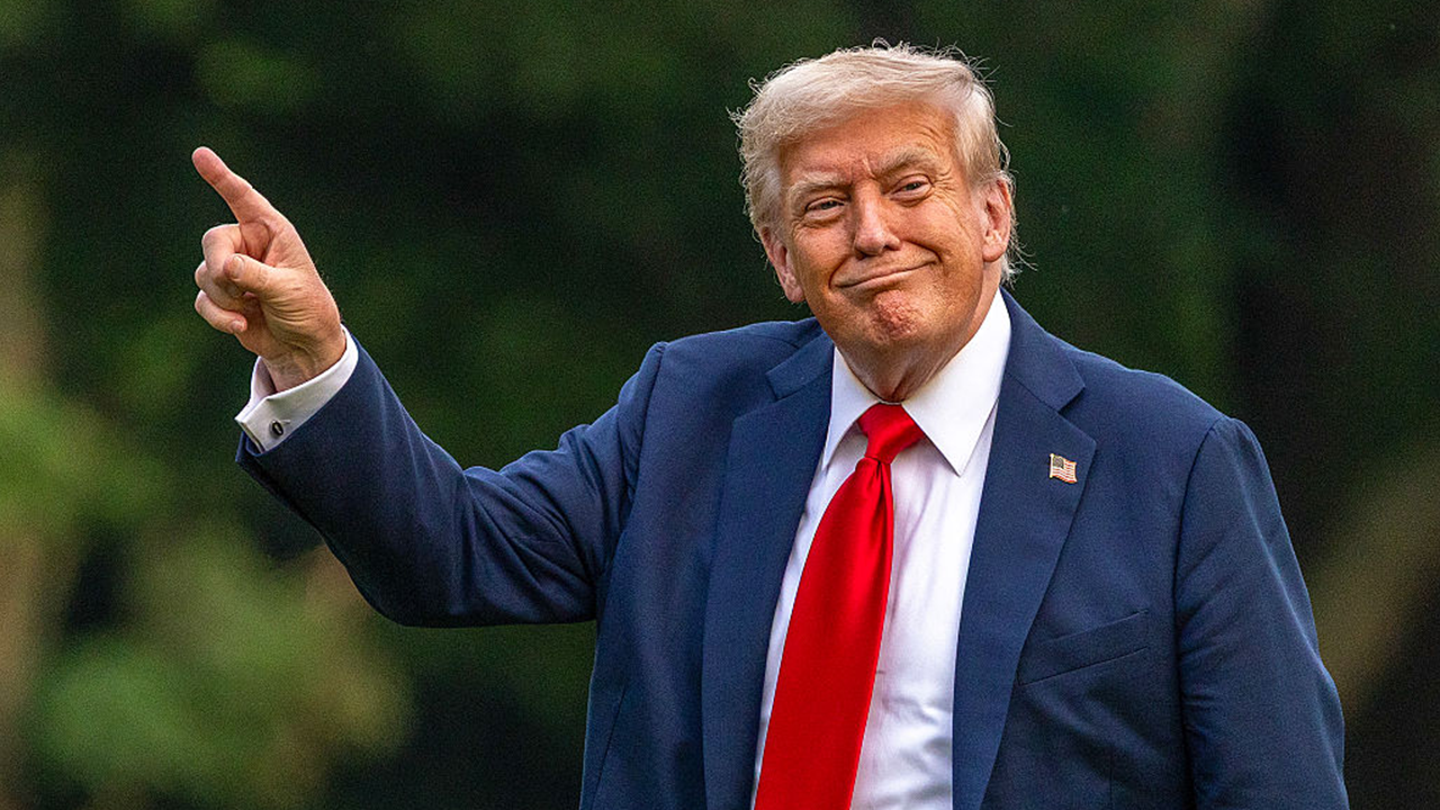
Ex-Paramount chief hoped Trump lawsuit would force CBS to be more balanced on Israel
Entities mentioned:
- Shari Redstone: Influence, Justice, Professional pride
- Donald Trump: Power, Justice, Revenge
- CBS News: Professional pride, Influence, Recognition
- Paramount: Self-preservation, Influence, Professional pride
- Tony Dokoupil: Professional pride, Justice, Duty
- Bill Owens: Professional pride, Righteousness, Self-respect
- Scott Pelley: Professional pride, Loyalty, Concern
Article Assessment:
Credibility Score: 70/100
Bias Rating: 65/100 (Lean Right)
Sentiment Score: 35/100
Authoritarianism Risk: 45/100 (Mixed/Neutral)
Bias Analysis:
The article leans slightly right, focusing on criticisms of CBS's perceived anti-Israel bias and highlighting conservative viewpoints. While it presents some balancing information, the overall framing favors the perspective of those critical of CBS's coverage.
Key metric: Media Trust and Credibility
As a social scientist, I analyze that this article highlights the complex interplay between media ownership, editorial decisions, and political influence in shaping news coverage. The controversy surrounding CBS's coverage of the Israel-Hamas conflict reveals tensions between journalistic integrity, corporate interests, and personal biases. Redstone's apparent hope that Trump's lawsuit could influence CBS's editorial stance raises concerns about the independence of news media and the potential for powerful individuals to shape public narratives. This situation underscores the challenges in maintaining balanced reporting on sensitive geopolitical issues and the internal conflicts that can arise within media organizations when trying to navigate these complexities.

White House launches official TikTok account with Trump featured prominently in debut video
Entities mentioned:
- White House: Influence, Recognition, Ambition
- Donald Trump: Power, Influence, Recognition
- Karoline Leavitt: Duty, Loyalty, Professional pride
- Kai Trump: Recognition, Influence, Enthusiasm
- ByteDance: Self-preservation, Security, Control
- Congress: Security, Control, Duty
Article Assessment:
Credibility Score: 70/100
Bias Rating: 65/100 (Lean Right)
Sentiment Score: 65/100
Authoritarianism Risk: 35/100 (Generally Democratic)
Bias Analysis:
The article leans slightly right, focusing predominantly on Trump and his administration's perspective. While it mentions the previous ban attempt, it doesn't deeply explore opposing viewpoints or potential controversies surrounding the White House's use of TikTok.
Key metric: Political Engagement of Young Voters
As a social scientist, I analyze that the White House's adoption of TikTok represents a significant shift in political communication strategies, aimed at engaging younger demographics. This move could potentially increase political participation among Gen Z and younger Millennials, traditionally harder-to-reach voter groups. The emphasis on Trump in the debut video suggests a personalization of politics, which could either galvanize supporters or alienate critics. The apparent reversal of Trump's previous stance on TikTok raises questions about policy consistency and the influence of social media platforms on governance. This development may lead to increased scrutiny of the relationship between social media companies and government, particularly regarding data security and foreign influence.